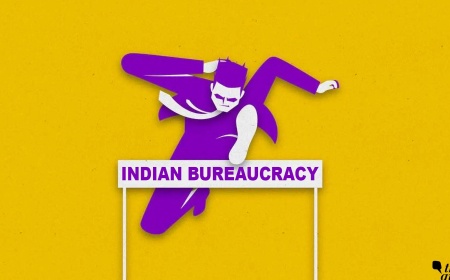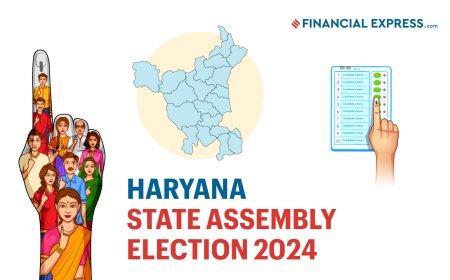The Freelance Tax Nightmare: How India is Killing Remote Work
Rising GST on digital services and complex TDS rules are making freelancing in India a bureaucratic nightmare. Is the government stifling remote work? A look at the challenges and possible solutions.

Introduction: A Thriving Industry Under Siege
India has become a global hub for freelancers, with millions working remotely for clients across the world. Platforms like Upwork, Fiverr, and direct overseas contracts have allowed Indians to earn in dollars while working from home. However, instead of encouraging this thriving sector, government policies are making it increasingly difficult for freelancers to survive.
From rising GST on digital services to complicated TDS deductions, freelancers now face a tax system designed for large corporations rather than individual professionals. Is India pushing its remote workers toward financial ruin?
GST: The 18% Freelance Burden
A major blow to freelancers has been the imposition of 18% GST on digital services. According to current tax laws:
- Freelancers earning above ₹20 lakh annually must register for GST.
- Even if a freelancer earns below ₹20 lakh but provides services to clients abroad, they still need to register under the Export of Services category.
- Filing GST returns involves complex paperwork that often requires hiring a Chartered Accountant, further eating into earnings.
This means that a freelancer earning ₹1,00,000 per month must now charge clients ₹1,18,000, making them less competitive in the global market. Many overseas clients refuse to deal with India’s tax complexities, forcing freelancers to either undercharge or operate illegally by avoiding GST registration.
TDS Deduction: A Confusing Mess
Freelancers also face Tax Deducted at Source (TDS) issues when working with Indian clients.
- Companies often deduct 10% TDS before paying freelancers, even if they fall below the taxable income limit.
- Many freelancers struggle to claim refunds due to delays in income tax filings.
- For international payments received through PayPal or wire transfers, banks sometimes deduct additional TDS on top of GST.
The result? Freelancers lose money at every step, even before paying their actual income tax.
The Compliance Burden: A One-Person CA Firm
Unlike salaried employees, who have taxes deducted automatically, freelancers must:
- File monthly GST returns (even if they earn nothing).
- Maintain invoices and records to avoid penalties.
- Calculate and pay advance tax every quarter.
- File annual ITR and GST reconciliation reports.
This complex system forces many freelancers to spend thousands on accountants just to stay compliant. For an independent professional earning ₹50,000 per month, these unnecessary costs erode profit margins significantly.
How is This Hurting India’s Economy?
While the government claims these policies increase tax revenue, the reality is different:
- Many freelancers avoid legal registration to escape compliance headaches.
- Brain drain is increasing, as skilled freelancers move to Dubai or Singapore where there is zero income tax on self-employed earnings.
- Instead of bringing foreign exchange into India, freelancers are forced to work through third-party intermediaries to bypass tax complications.
The government is pushing freelancers into the informal economy rather than allowing them to contribute productively.
The Libertarian Solution: Tax Reform for Freelancers
For India to truly embrace the future of work, it must:
- Remove GST for freelancers earning under ₹50 lakh per year.
- Simplify the tax structure by allowing freelancers to pay a flat income tax rather than dealing with TDS and GST separately.
- Create a special category for digital freelancers, with relaxed compliance requirements.
- Remove foreign remittance taxes to allow seamless international payments.
These reforms will not only boost India’s gig economy but also encourage young professionals to work legally rather than finding loopholes.
Conclusion: Killing Remote Work or Embracing the Future?
Freelancing is the future of work, but India’s tax system is stuck in the past. Instead of supporting independent workers, the government is drowning them in paperwork, taxes, and regulations.
If policymakers truly want India to be a global freelancing hub, they must reduce taxation, simplify compliance, and embrace financial freedom.
Until then, freelancers will continue to find ways to escape this bureaucratic nightmare—either by going underground or leaving India altogether.
What do you think? Should freelancers be taxed like corporations, or do they deserve a simpler system?
What's Your Reaction?




















































